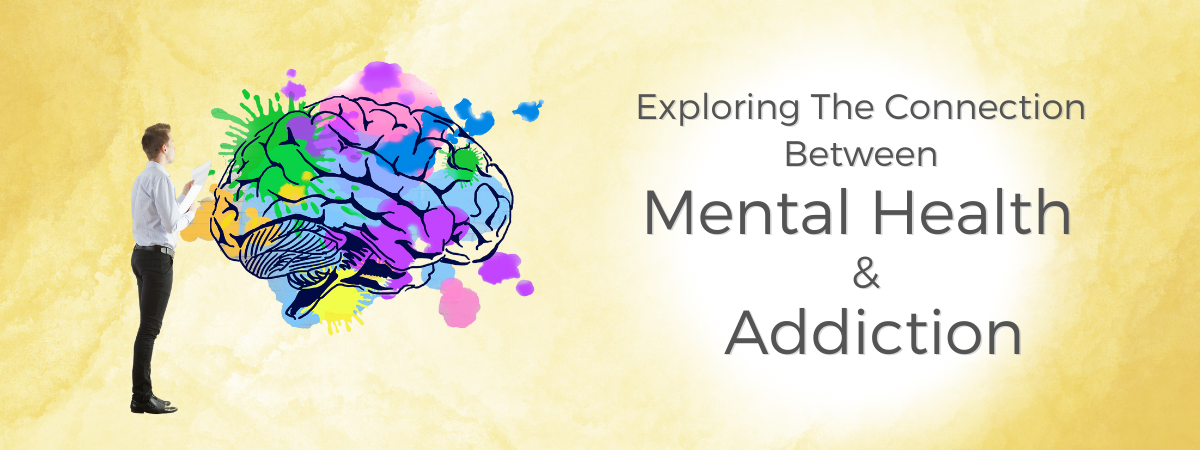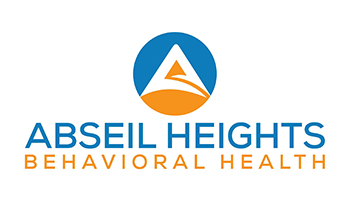Is There A Connection Between Mental Health And Addiction In New Jersey?

Have you ever wondered what triggers substance use disorders (SUD)? Knowing the answer could help us avoid and address these disorders. The good news is, current research is helping us grasp substance use and treat it better. Recent studies have discovered a powerful connection between substance use and mental illness. If you grapple with a SUD, you might also be dealing with a co-occurring mental disorder. By being aware of this, you can pursue more effective treatment that navigates both mental health and addiction in New Jersey.
What’s The Connection Between Mental Health And Substance Use In New Jersey?
In a recent report, the Substance Abuse and Mental Health Services Administration (SAMHSA) determined that about 17 million adults in the US experience both a mental illness and a SUD. They also found that teenagers and adults with mental illnesses were more inclined to take habit-forming substances. This data shows a noteworthy connection between mental health and substance use in New Jersey and all of the country. But why do mental health disorders prompt substance use?
How Does Mental Illness Lead To Substance Use?
It’s common knowledge that mental disorders can be difficult to cope with. When not treated properly, your disorder can leave you feeling hopeless, angry, afraid and confused. You might even experience some debilitating physiological symptoms. This will happen whether you have been diagnosed with a mental illness or do not comprehend that you have one.
If a mental disorder makes your life difficult, it’s no wonder you may have been pushed to take habit-forming substances to cope. The chemicals in these substances leave you feeling better for a brief period. They might give you a “high” that makes you feel good or minimize the distress you experience. When consuming, you could feel more balanced and capable.
When you use addictive substances to offset the symptoms of a mental disorder, it’s known as self-medicating. You may use these substances to feel temporarily content, more energetic, or less distressed. You may also take them to alleviate physical aches and pains. Self-medication includes consuming substances not prescribed by a doctor, such as illegal drugs or alcohol, as well as overusing or misusing prescribed medicines.
Self-medication often starts accidentaly. Drinking large quantities of alcohol or excessively using drugs seems like a release and a method of coping with reality. Sadly, it’s hard to quit ingesting something that makes you feel better. Your brain and body become reliant on those substances, and you cannot function without them. What results is a pattern of self-medication that might spiral beyond your control and cause destructive and dangerous actions.
Grasping the origin of your substance use offers a a place to begin your recovery. Once you understand that mental illness lies at the core of your drug or alcohol use, you can address both and have a greater opportunity for recovery.
Does Substance Use Impact Mental Health Too?
The impacts of mental illnesses and substance use disorders are often cyclical. The chemicals in habit-forming substances alter neural pathways. They can trigger or aggravate mental illnesses. The distress of being overwhelmed by addiction may also cause mental health concerns like depression and anxiety. As a response, you might rely on alcohol and drugs even more to cope, and the cycle begins again.
Why Address Mental Health And Addiction At The Same Time?
Facing a substance use and mental illness could seem daunting, even hopeless. But getting to the origin of your substance use is essential for long-term recovery. Once you realize what co-occurring disorder led to your alcohol or drug use, you have a great starting point for treatment. Managing mental illness with therapy and prescription medicine enables you to resist addictive substances. Various skills you develop in therapy for handling mental health will help you stay sober, too. You’ll have more success navigating your addiction when you improve any core mental health conditions first.
Find Treatment For Substance Use Disorders And Mental Illness In New Jersey
If you battle co-occurring addiction and mental health disorders, Abseil Heights is here for you. Our expert staff understand how to help you navigate the difficulties you encounter with evidence-based treatment. Place a call to 500-999-9999 or complete our contact form to converse with someone at once about our admissions process.
